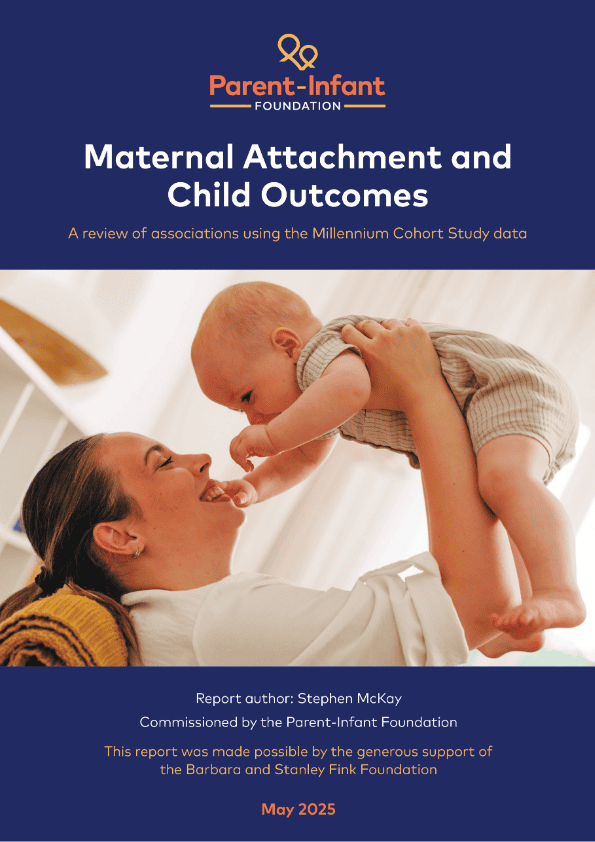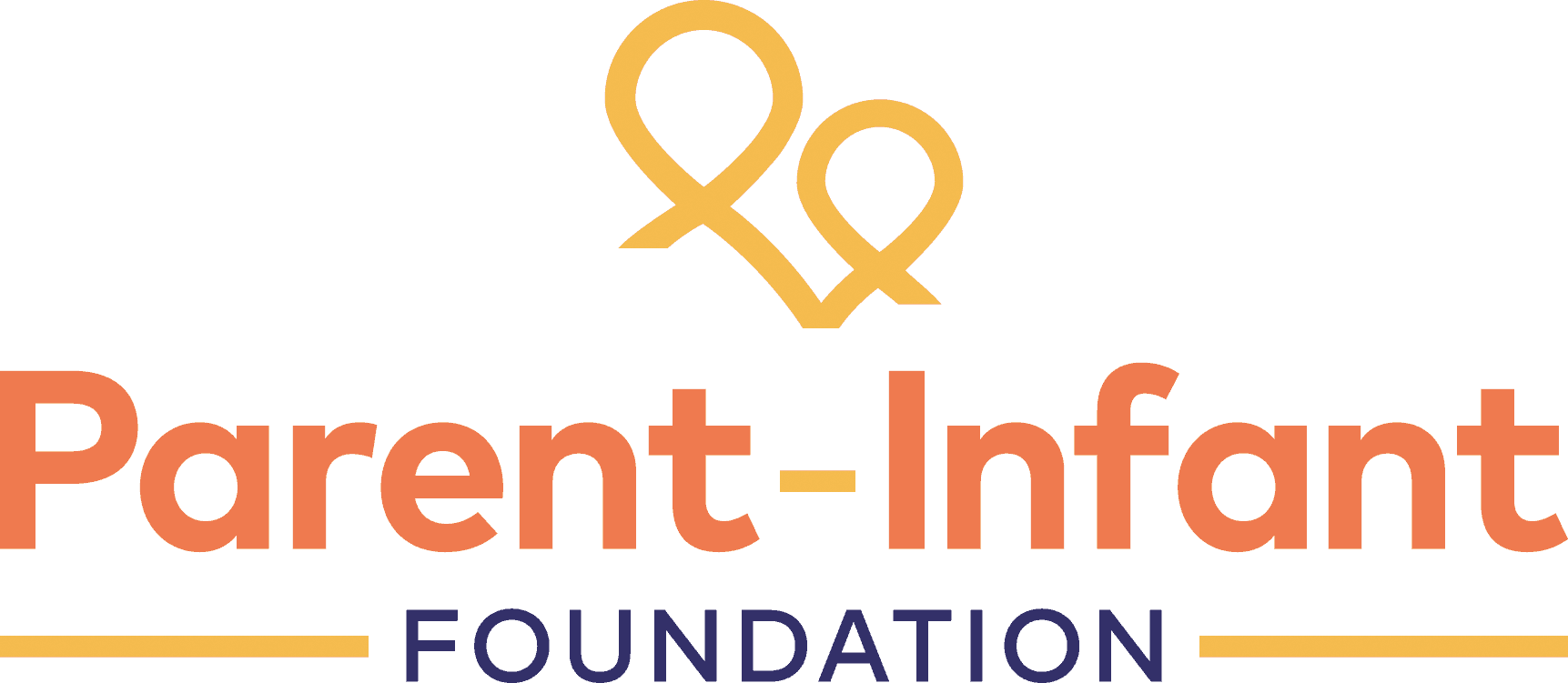Report estimates that supporting parent-infant relationships could deliver £900m benefit each year
19 May 2025

A new report, written by Steve McKay and commissioned by the Parent-Infant Foundation is the first of its kind to show the potential economic value of supporting parent-infant relationships in the earliest years.
The research and report, ‘Maternal Attachment and Child Outcomes’, was completed using data from the mothers and babies that took part in the Millennium Cohort Study. This data enabled Steve McKay to investigate the potential economic value of supporting parent-infant relationships.
In summary, the report breaks exciting new ground and estimates supporting parent-infant relationships could deliver at least £900m benefit each year. And this doesn’t include the estimated additional £8.1bn value that could also be realised by improving perinatal mental health, as previous research has shown.
The Parent-Infant Foundation commissioned this piece of research after policy makers and commissioners flagged the need for more economic data to justify investing in parent-infant teams and services. This is the first step in our research journey exploring the economic value of parent-infant teams.
To date, very few studies have used the Millennium Cohort Study data on maternal attachment to identify associations with childhood outcomes. Whilst working up an economic value, Steve uncovered several strong statistical relationships, which suggests there is likely to be an effect between maternal attachment and childhood outcomes. It shows the importance of these very early parent-infant relationships, but like many statistical analyses, it leaves many questions too. So, while it is great to add to the current evidence base, this research also highlights several important future research questions for us to explore.
For instance, Steve’s analysis finds that levels of maternal attachment appear to be associated with; children’s behavioural difficulties at age 3, as measured by the Strengths and Difficulties Questionnaire (SDQ); fewer concerns about language development and better potty-training. There were also several beneficial associations as the babies grew up.
However, it did not find associations with other childhood developmental outcomes. And it is important to note Steve’s caution that the shortened version of the tool used to determine levels of maternal attachment, with only six questions asked of mothers, reduces its reliability. This may account for the unexpected finding that mothers aged 20-24 years appeared to have the highest maternal attachment scores.
Keith Reed, CEO Parent-Infant Foundation said:
“We are grateful to the mothers and babies who took part in the original Millenium Cohort Study that made this research possible. We are also very grateful to the Barbara and Stanley Fink Foundation who generously funded the work, and of course Steve McKay, who expertly delivered the report.
“We’re really excited that Steve has been able to cover new ground with this research. It is so crucial that there is a wider understanding of the difference that parent-infant relationship support can make to babies and their families, and the context of the wider impact this can have fiscally.
“To build on these findings and begin to answer some of the questions that have arisen during this analysis, we are planning further research in the years ahead. We look forward to exploring this subject further with parents (not just mums but dads and partners too – everyone has a role to play), carers, babies and the practitioners and professionals who work with families.”
Read the report here
